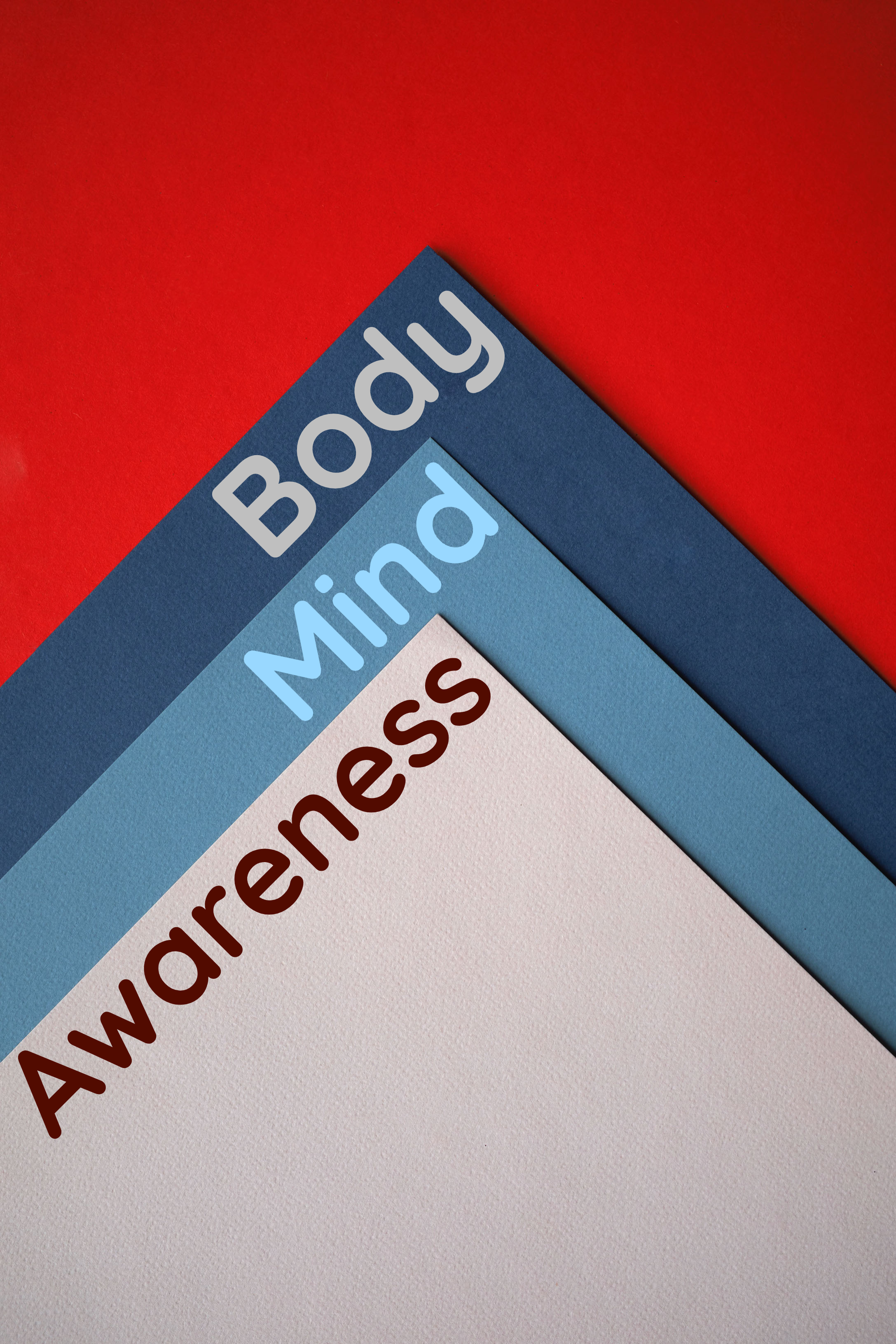Why do we seek to find fault with others?
Fault finding is a universal habit, no matter who we are, where we live, or what our circumstances may be. We are taught not to point fingers at others, but this habit persists. Fault finding is a clever device of the ego. It serves a purpose as far as the ego is concerned. The ego does not like to bring attention to itself, and fault finding helps draw attention away.
The ego survives on shaky ground knowing that one day, we'll wake up and realize that the mind is not a whole entity by itself, but a small part of the whole. Within that small portion is ego's dominion where it has managed to trap our awareness. The ego also magnifies the mind, so we don't easily encounter its boundaries.
From an individual's perspective, the mind appears to stretch to infinity. There are billions of people, each with a vast mental field. Logically, there should be an overlap of individual mental fields. Such an overlay will not be in our experience as long as the ego exists. The ego pins us to a unique point of reference. It also creates a distinct separation between each mental 'island.'
From one mind to another, we build bridges through thinking, talking, and sharing thoughts and ideas. Our views, talk, and actions have the potential to bind people together or create a division. The ego comes in the way of togetherness and keeps people apart by creating rigid mental boundaries.
Fault finding and self-esteem
Besides taking attention away from the ego, fault finding provides a subtle lift to our self-esteem by diminishing the value of someone else. To gain self-confidence, there is an easy way and a hard way. The hard way is to work for it, but finding fault with others is an easier way out. When we find fault with others, there is a silent inference that we are better. But that feeling of being better ultimately makes us feel insecure as it depends on the existence of a fault within another, whether real or not. Fault finding propagates this subtle psychological lift.
The downsides of fault finding
The psychological game that the ego plays keeps us from looking within ourselves. When we find fault with others, we tell ourselves that there is not much work to be done regarding our shortcomings. It opens the door for complacency and laziness towards improving ourselves. It is easier to find people to agree with the faults we identify in others, what we commonly refer to as gossip; than finding people who genuinely appreciate the work of others.
Fault finding takes up valuable time, which could be employed differently. Merely pointing out flaws in someone else does nothing to correct the perceived deficiencies in the other person. Neither does it help in improving ourselves. When the other person hears criticism, their ego will put up a fight, and this leads to unnecessary friction. When egos clash, there is a significant loss of awareness.
From the ego's perspective, faults exist outside of the individual. From the standpoint of awareness, fault finding indicates the presence of an inherent flaw that the ego tries to hide. It is up to the individual to take up the practice of introspection, through which faults can be identified and excised.
Overcoming the habit of fault finding
There are many ways of getting out of the habit of finding faults. One method is turning our awareness towards something novel and new, which may fill us with wonder and excitement. This, in turn, makes a habit of fault-finding rather stale and old. That habit stays away as long as the novelty of the new encounter remains.
With any new experience, there is nothing to relate to from the past, and the comparison does not exist. We observe and enjoy through curious exploration. But when we persist long enough, and the novelty wears off, we may begin to find something or the other wrong.
The ego is greatly diminished whenever we are filled with wonder about something. As we appreciate and enjoy, eyes open wider as if to take in more of that wondrous sight. Children are generally wide-eyed and curious. Their ego is not yet developed, and they are rarely bound by habit. Adults, on the other hand, are not easily entertained with little things. Their ego is mature and grown.
Another method of eliminating the habit fault finding is to look at things that are infinitely bigger than us. For example, the sky, the space between the earth and the stars, the moon, the sun, imposing mountain ranges, the vastness of the oceans, and so on. It would seem foolish to find any fault with these entities. These sights make us humble and put the larger picture into perspective. The narrow frame of the ego cannot fit this big picture. Awareness leans towards expansion and expansive sights of nature reflect that aspect of awareness.
A more rigorous method to reduce or eliminate fault finding is turning within through the eyes of introspection. For one fault we identify with someone or something, if we resolve to find ten errors within ourselves, we will become so busy digging up dirt within ourselves, that there may not be many opportunities to point fingers at others.







